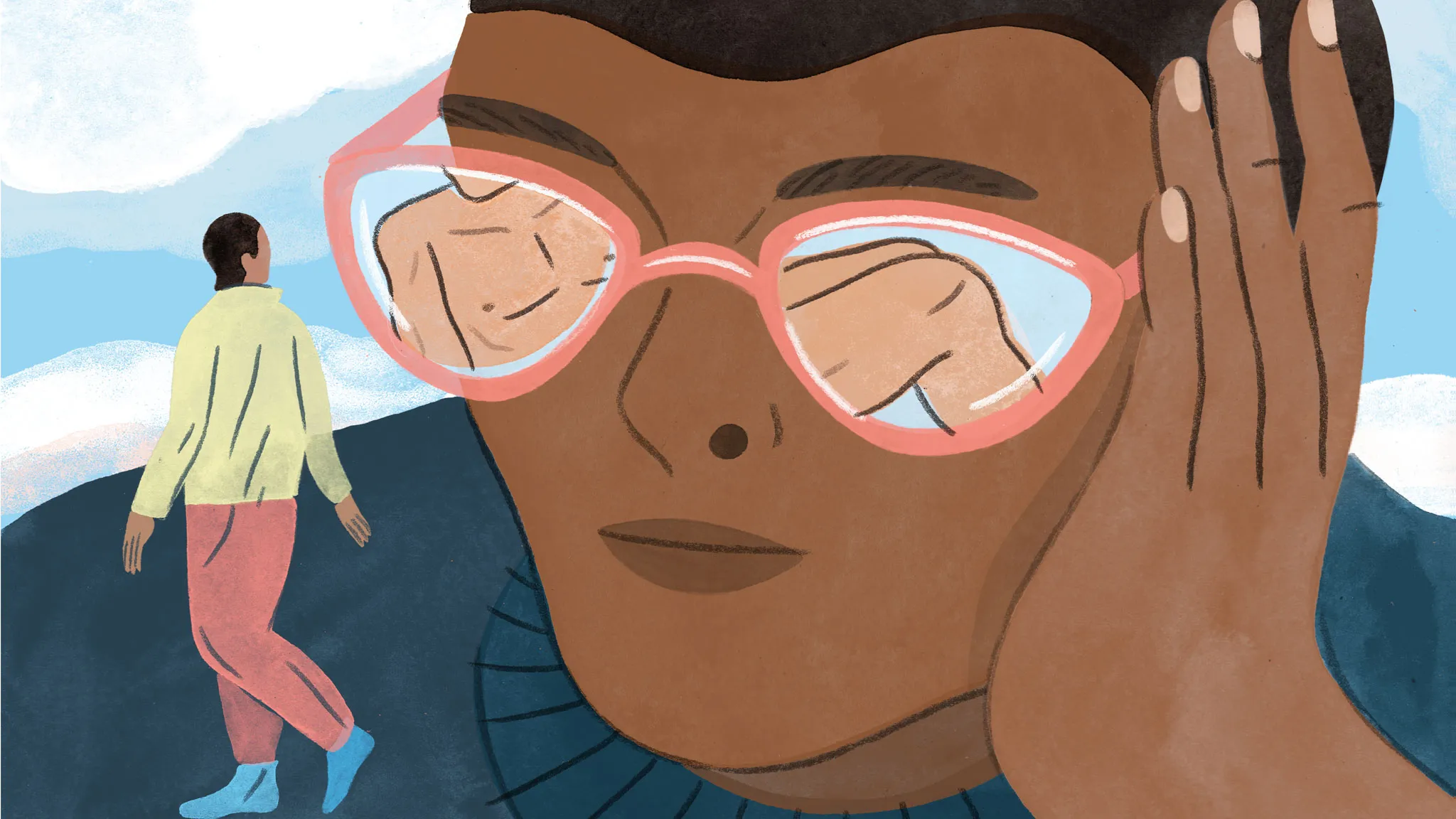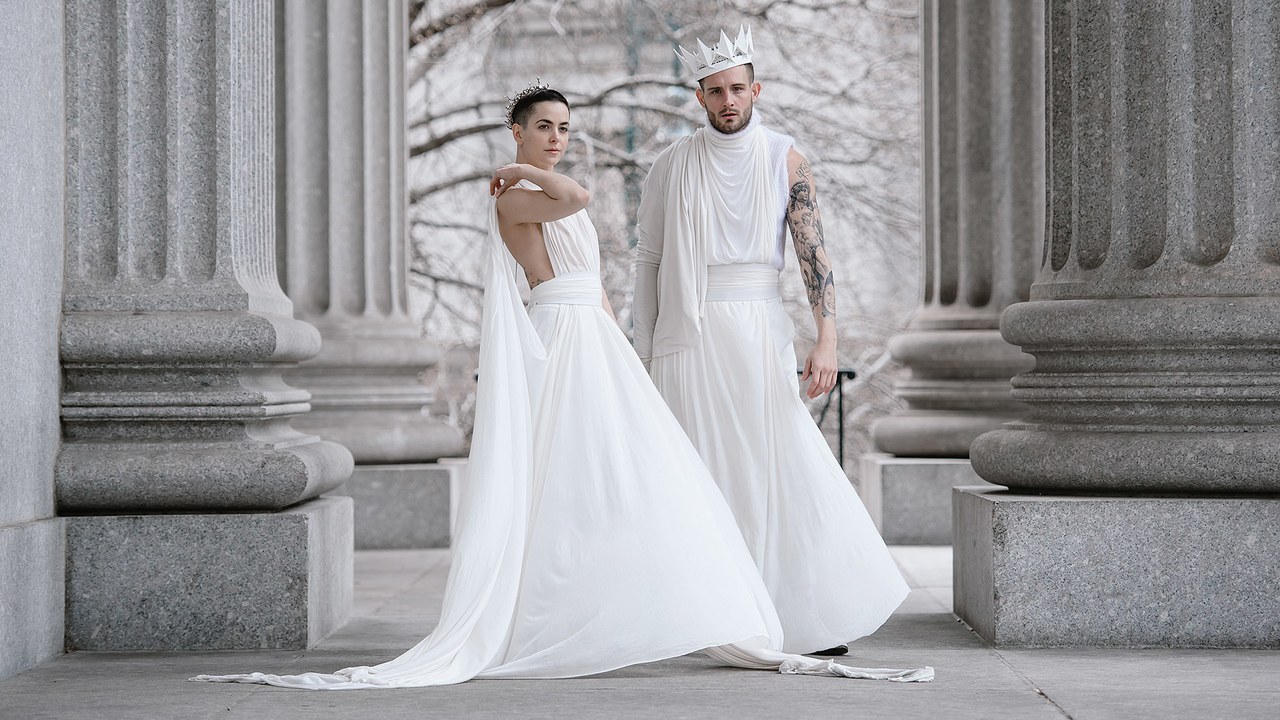I think that that is a trap the gay movement fell into. Stonewall should have been about liberating all sexuality. The argument in my work is to try to convince heterosexuals that they have in them potential homosexual impulses that are pleasure-giving, and that there is absolutely nothing to fear from now and then expressing them. I would think that this would be in the interest of gay people to think that the whole world is open for homosexual expression.
But gay activism, by insisting on this sharp polarity, has insured its own defeat, has insured that the world will hate it. There will always be a liberal minority that will tolerate homosexuality, the art world and so on. But the majority of people now and forever in the future will always be attracted to the opposite sex. So the more you insist on the separation of gay versus straight, the genetically innate separation, the more you insure the defeat of gay objectives. I think the only way true tolerance will come is for people to be convinced that bisexual responsiveness is a perfectly achievable ideal. That’s what I’m trying to do. I’m trying to convince people that, “So you had sex with another man, oh, big deal.”
There are no good people or bad people here. We only risk becoming something static when we decide that we’ve got it all figured out and that our moral code can be absolute. We will all do good things and bad things, and we will all hurt the people we love. Sadly, we will probably hurt them the most in the service of what we believe is right. What makes you good is not perfection in action or strictness to code, but the willingness to question, to change, and to listen to your heart when your life stops matching it.
Sex, lies and legal consent: Can deceit turn sex into rape?
Sex, lies and legal consent: Can deceit turn sex into rape?
Unfortunately, far too many believed removing pregnancy from the equation was all that’s needed for women to behave like men. Sex, people thought, would become a free-for-all.Tell that to all the men—not the Harvey Weinsteins but men like Ansari—who’ve been accused of “assaulting” women by taking them at their word and assuming women want what men want.
How dare they believe what women and society told them all these years?
When Does a Watershed Become a Sex Panic?
If the presumption of innocence is rooted in the idea that it is better to let ten guilty people go free than risk jailing one innocent person, then the policing of sex seems to assume that it’s better to have ten times less sex than to risk having a nonconsensual sexual experience. The problem is not just that this reduces the amount of sex people are likely to be having; it also serves to blur the boundaries between rape, nonviolent sexual coercion, and bad, fumbling, drunken sex. The effect is both to criminalize bad sex and trivialize rape.
Discussing Consent in Gay Spaces Requires Nuance, Not Sex Panic
To suggest that the initial placement of a hand is in itself assault, however, completely betrays this contract and willfully ignores that consent can work differently in different contexts
Cruising in the Age of Consent
For women, sex remained “a bargaining tool”—something too socially significant to be casual, and something that could be taken, possibly by violence. At The Club, by contrast, everybody really was after the same thing: sex for the sake of sex. Brute coercion didn’t appear to be an issue. She walked away wishing that she had her own bathhouse to go to—that such free pleasure might be possible for women, too. And yet something still nagged at her. “Is this fuck palace the ultimate conclusion of sexist logic,” she wondered, “or is it erotic freedom?”





































































